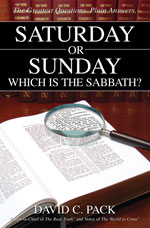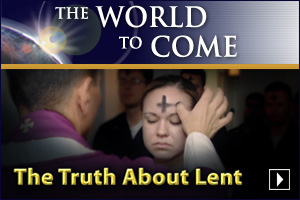The Judges 11 account was accepted as factual by early Jewish and Christian commentators. Like many modern Bible scholars, they believed that Jephthah kept his vow and killed his daughter. David Kimchi, a Jewish commentator of medieval times, apparently conceived the notion that Jephthah merely imposed upon her a life of chastity. His theory is espoused by many modern writers, who refuse to accept that one of God’s faithful servants could have killed his own daughter. But what does the Bible say?
The original Hebrew text of Judges chapter 11 does indicate that Jephthah kept his vow and sacrificed his daughter. But, would God have been pleased with, or even required, such an action? No! God’s Word shows that He abhors human sacrifice. Jeremiah 7:31 states, “And they have built the high places of Tophet, which is in the valley of the son of Hinnom, to burn their sons and their daughters in the fire; which I commanded them not, neither came it into My heart.” Also read Jeremiah 32:35. God considers the practice of human sacrifice to be an abomination.
Jephthah did not have his daughter in mind when he made his vow. We read his words in Judges 11:31: “Whatsoever comes forth of the doors of my house to meet me…I will offer it up for a burnt offering.” In those days, houses commonly had enclosed courtyards in which animals were kept. Jephthah wrongly surmised that he would be met by an animal upon his return from battle.
Jephthah foolishly and rashly made a regrettable vow. He exacerbated his mistake by following through with his vow. That must have greatly displeased God. However, in Hebrews 11:32, we find that Jephthah is listed among God’s faithful servants. This brings us to the conclusion that he must have come to recognize his sins and repented, thereby receiving God’s forgiveness.
While newspapers, magazines and other news media report what happened, The Real Truth analyzes and explains the root cause of why events happen—why humanity is at a loss to solve today’s problems.
Most professing Christians observe Sunday. Yet, the Jewish people (and a few others) keep the seventh-day Sabbath. Was this day only for the Jews, or only for ancient Israel?
Does the New…


















